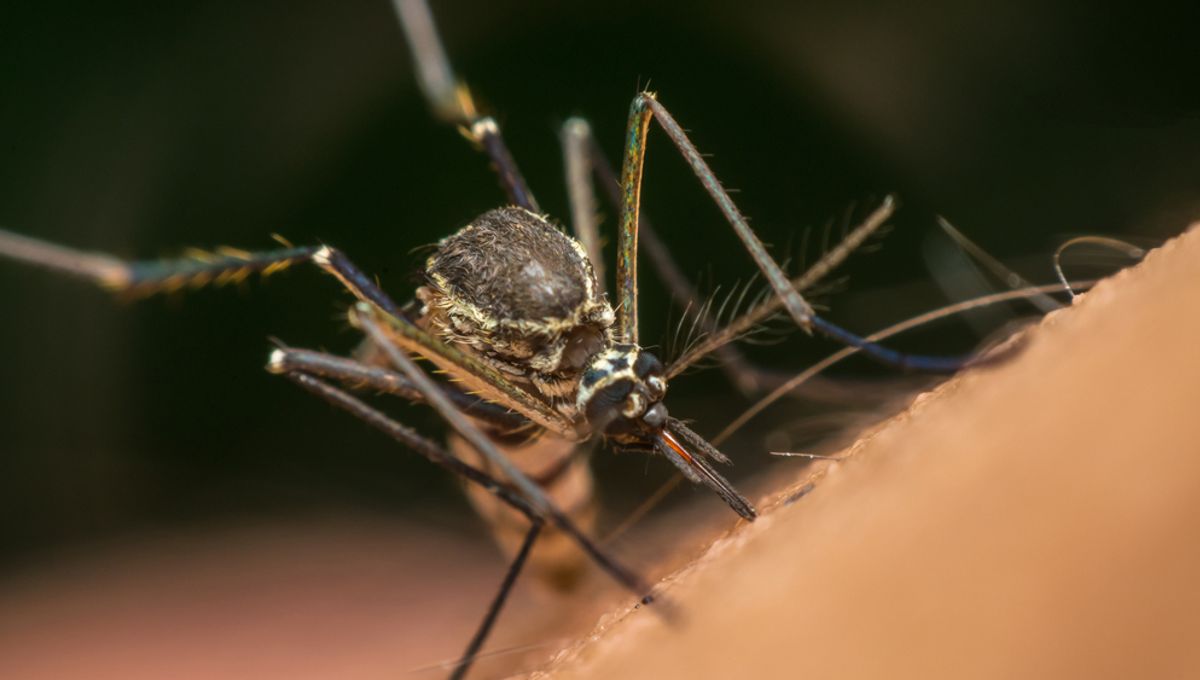
Mosquitos get a bad rep – and for good reason. Not only can these flying insects leave a nasty bite, they are responsible for transmitting the parasite that causes malaria. However, if new research is anything to go by, mosquitoes may also provide a creative solution to the disease.
By infecting mosquitoes with a genetically engineered version of the malaria-causing parasite Plasmodium falciparum, researchers developed a novel vaccination strategy that uses living insects to immunize people against the disease. So far, it has proven to be highly effective with initial trials suggesting almost 90 percent of participants exposed to the modified parasite successfully avoided developing malaria.
Typically, when a person is infected with Plasmodium falciparum, the parasites make their way to the liver. From there, they infect red blood cells. For this study, researchers modified two sets of parasites – one group (GA1) had been engineered to cease developing after approximately 24 hours of entering the human body; the other (GA2) was designed to stop developing approximately 6 days after infection. In contrast to the first group, the latter group (GA2) was able to develop into the liver stage.
Participants were assigned to three groups – GA1, GA2 and placebo. After receiving bites from mosquitoes carrying modified parasites, participants were exposed to mosquitoes carrying non-modified parasites. Those in the placebo group only received bites from mozzies carrying the non-modified versions. While all of those in the placebo group went on to develop malaria and all but one (87 percent) of those in the GA1 group contracted the disease, an encouraging 89 percent (8 out of 9) of those in the GA2 group did not.
“These findings represent a significant step forward in malaria vaccine development,” Julius Hafalla, an immunologist at the London School of Hygiene & Tropical Medicine who was not involved in the study, told Nature.
“The ongoing global malaria burden makes the development of more effective vaccines a critical priority.”
Malaria is a global health problem that stretches back centuries, affecting the Ancient Egyptians. While incidence in the US is incredibly low, there were approximately 249 million cases in 2022 according to the World Health Organisation (WHO). Of those infected, 608,000 died. Most of these cases occur in Africa, which accounts for 94 percent of incidents.
Currently, there are two vaccines that have been approved for preventing malaria. However, they are far from perfect, being only around 75 percent effective. Plus there is a need for regular booster shots.
Hence the need for alternatives. However, while the results published appear extremely promising, the trials carried out so far have been tiny. Much larger trials are needed before these mozzie vaccines can be adopted on a larger scale.
This study is published in the journal The New England Journal of Medicine.
Source Link: Mosquitoes Carrying Genetically-Engineered Parasites Could Be Used To Immunize People Against Malaria